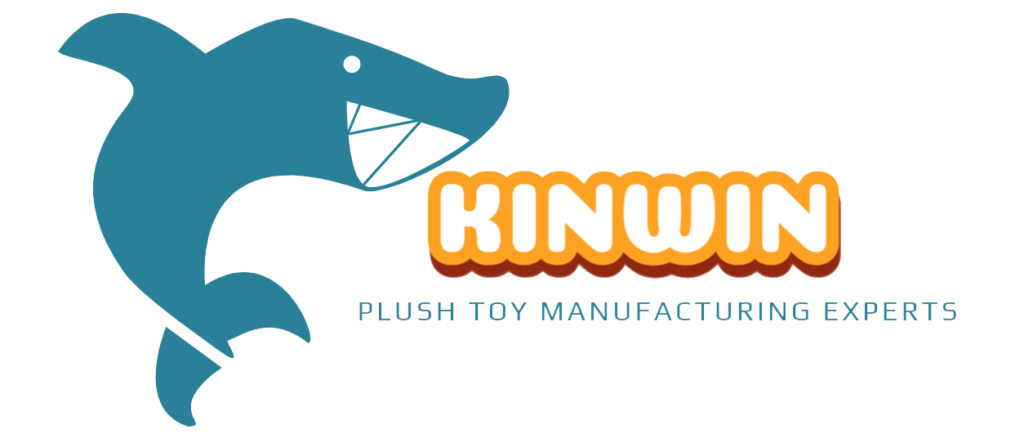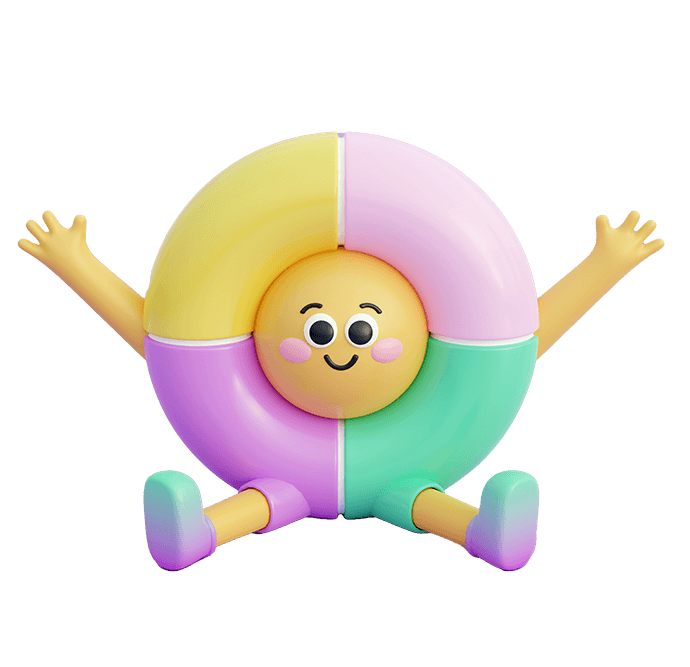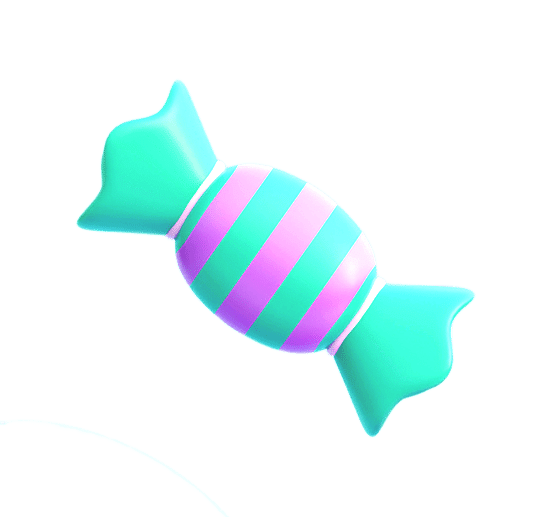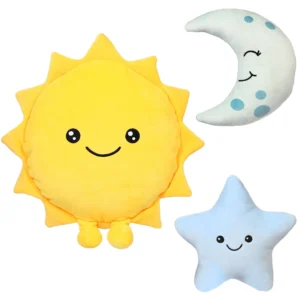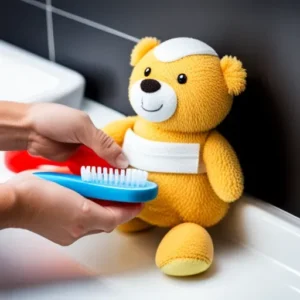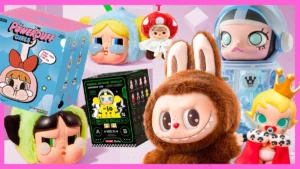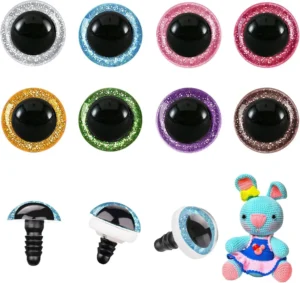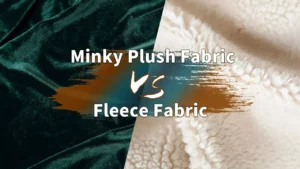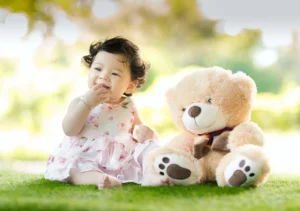Custom plush toys are a growing market opportunity for brands and retailers looking to offer unique, high-quality products. Choosing the right supplier is key to success in design, production, and delivery.
Selecting a reliable custom plush toy supplier requires evaluating their customization capabilities, certifications, production capacity, material options, and communication effectiveness. This guide details critical factors to help you find the best partner for your plush toy projects.
Let’s dive into how to choose the perfect plush toy supplier.
1.What Are the Critical Criteria for Selecting a Custom Plush Toy Supplier?
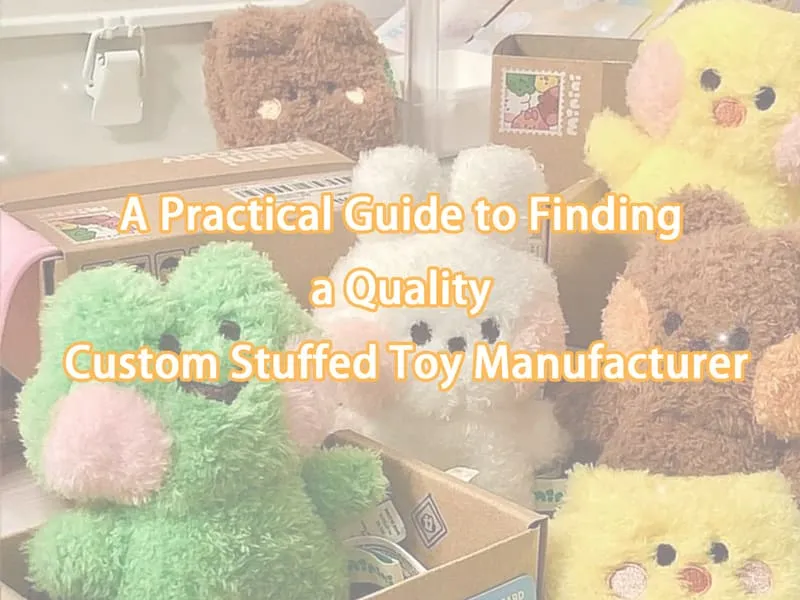
Picking the right supplier starts with understanding your project needs and matching them to a supplier’s strengths.
Critical criteria include experience in custom plush manufacturing, proven quality standards, flexible design capabilities, and reliable delivery schedules. Suppliers with OEM and ODM services can offer comprehensive support.
Experience is vital. Suppliers with years of plush toy manufacturing have developed processes to handle complex custom designs. Quality assurance systems ensure consistent product standards.
Design flexibility allows for tailored shapes, sizes, and features that align with your brand vision. Additionally, on-time delivery is crucial to keep your supply chain efficient.
| Criteria | Importance | How to Verify |
|---|---|---|
| Manufacturing experience | Ensures skilled craftsmanship | Check company history and reviews |
| Quality control systems | Maintains product consistency | Request certifications and audit reports |
| Design and customization | Enables unique toy development | Review past custom projects |
| Delivery reliability | Prevents supply disruptions | Ask for lead times and client references |
2.How Do OEM and ODM Capabilities Affect Plush Toy Customization Options?
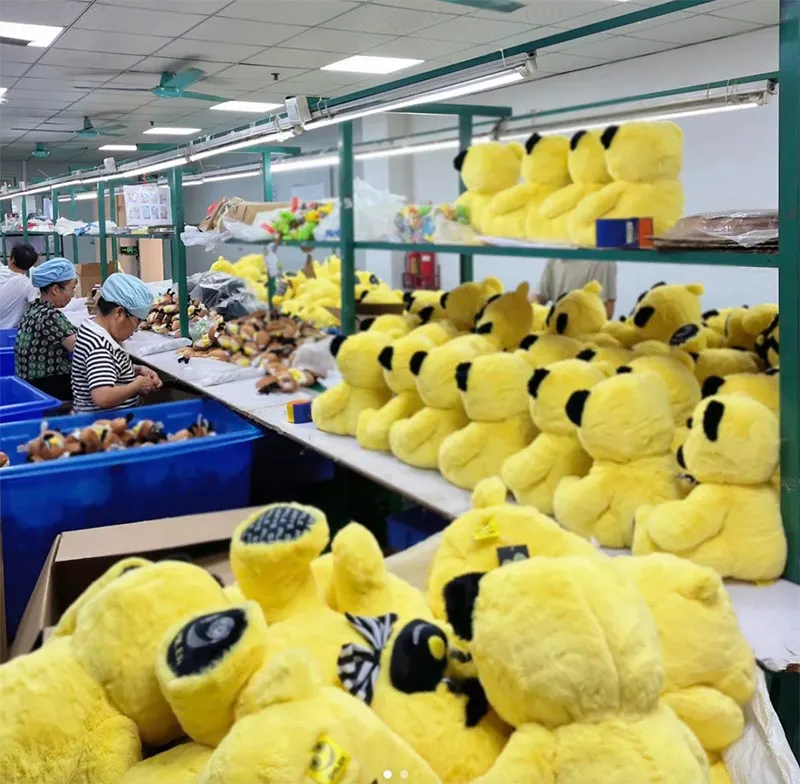
OEM (Original Equipment Manufacturer) and ODM (Original Design Manufacturer) services greatly influence the level of customization available.
OEM suppliers produce toys based on your designs, while ODM suppliers offer design development from concept to finished product, expanding customization possibilities.
OEM suppliers are ideal when you have finalized designs and need a manufacturer who can replicate them precisely. ODM suppliers help you create new designs, refine concepts, and source suitable materials.
Some suppliers provide combined OEM/ODM services, giving you both creative support and reliable production.
| Service Type | Description | Best For |
|---|---|---|
| OEM | Manufacturing to buyer’s specs | Brands with clear designs |
| ODM | Design and manufacturing | New product development |
| OEM + ODM | Design support + manufacturing | Flexible product innovation |
Understanding these distinctions guides you to choose a partner matching your project’s stage and needs.
3.Which Quality and Safety Certifications Should Suppliers Possess?
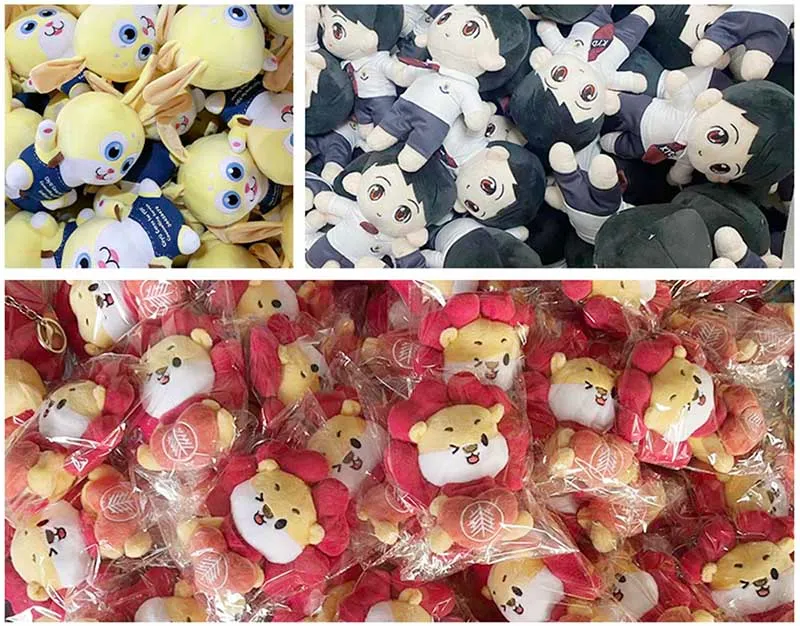
Safety and quality certifications are essential to ensure plush toys meet international standards and regulations.
Look for suppliers holding CE, ASTM, EN71, CPSIA, and other relevant certifications, demonstrating compliance with safety laws in key markets like the USA and Europe.
CE mark certifies compliance with European toy safety standards. ASTM F963 is mandatory in the USA, covering mechanical, chemical, and flammability safety.
EN71 is a European safety directive, while CPSIA regulates lead and phthalate content in children’s products.
| Certification | Market | Key Focus |
|---|---|---|
| CE | Europe | General toy safety |
| ASTM F963 | USA | Mechanical and chemical safety |
| EN71 | Europe | Safety requirements |
| CPSIA | USA | Toxic substance limits |
Working with certified suppliers reduces risk and assures your customers of safe, high-quality products.
4.How to Assess Supplier Production Capacity and Delivery Reliability?
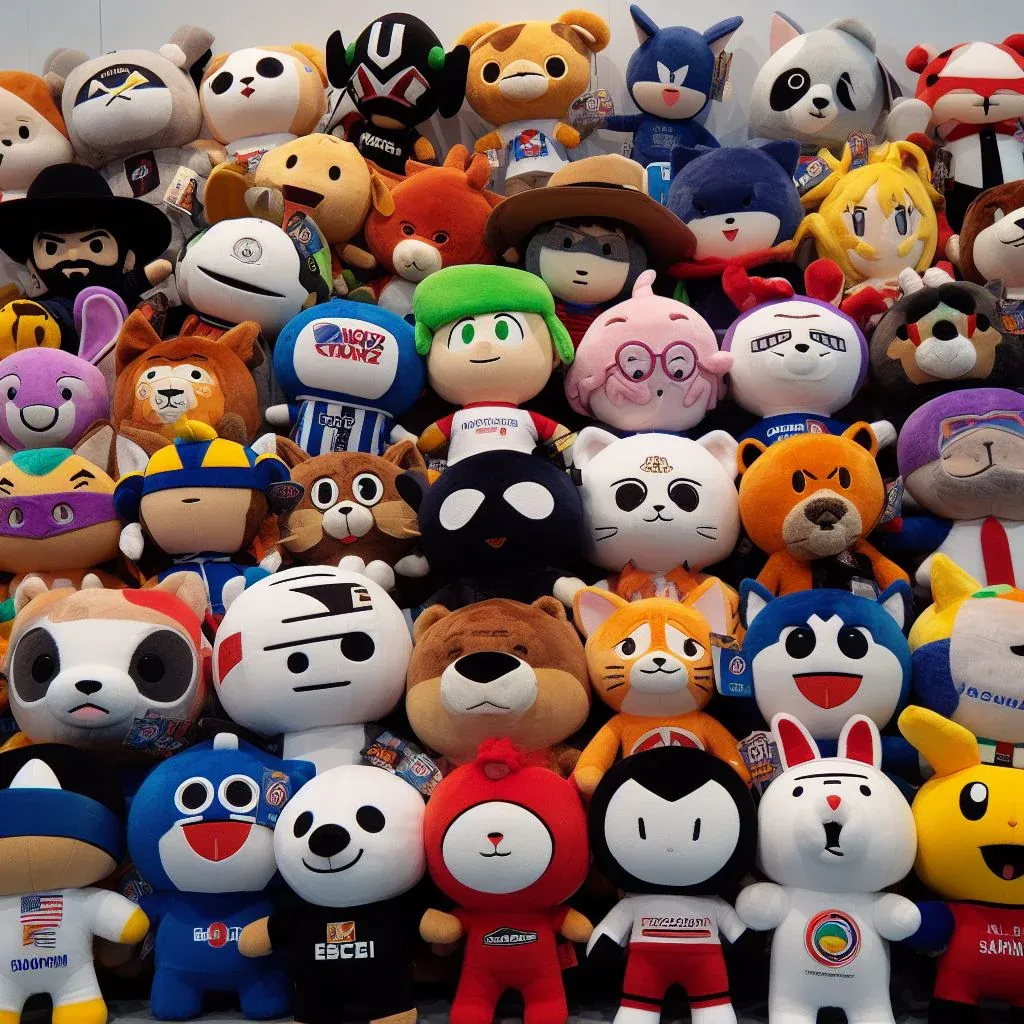
Evaluating a supplier’s production scale and track record ensures they can meet your order volumes and deadlines.
Review supplier factory size, machinery, workforce, and past delivery performance to verify their ability to handle your orders consistently.
Factory visits or third-party audits provide insights into production facilities. Suppliers with modern equipment and skilled labor can better maintain quality at scale.
Ask for production lead times, capacity limits, and contingency plans. Client testimonials and on-time delivery rates also reveal reliability.
| Factor | What to Check | Impact |
|---|---|---|
| Factory size | Number of machines and lines | Order volume capability |
| Workforce | Experience and training | Production quality and speed |
| Lead times | Standard production schedule | Planning and inventory management |
| Delivery history | Past shipment punctuality | Supply chain consistency |
Choosing suppliers with strong capacity avoids delays and supports business growth.
5.What Materials and Design Flexibility Are Important for Custom Plush Toys?
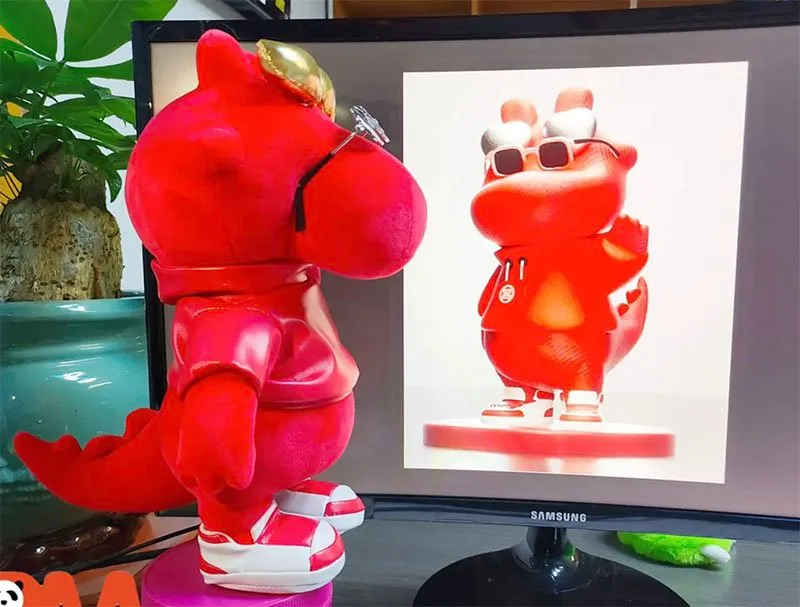
Material choice and design adaptability impact product feel, safety, and appeal.
High-quality, safe materials like plush polyester fibers, embroidered details, and non-toxic fillings ensure durability and compliance, while flexible design options allow for unique shapes, sizes, and features.
Soft polyester fabrics provide durability and softness favored by consumers. Embroidery enhances safety and design precision compared to plastic parts.
Design flexibility means your supplier can produce various sizes, joint types (e.g., movable limbs), accessories, and packaging options.
| Material/Design Aspect | Benefits | Considerations |
|---|---|---|
| Plush polyester fabric | Softness, durability | Hypoallergenic and certified |
| Embroidered features | Safety, detailed design | Avoids choking hazards |
| Non-toxic filling | Compliance and safety | Certified for children’s products |
| Flexible design | Custom shapes and functions | Supports brand uniqueness |
Prioritizing these elements boosts product quality and customer satisfaction.
6.How Does Effective Supplier Communication Enhance Project Outcomes?
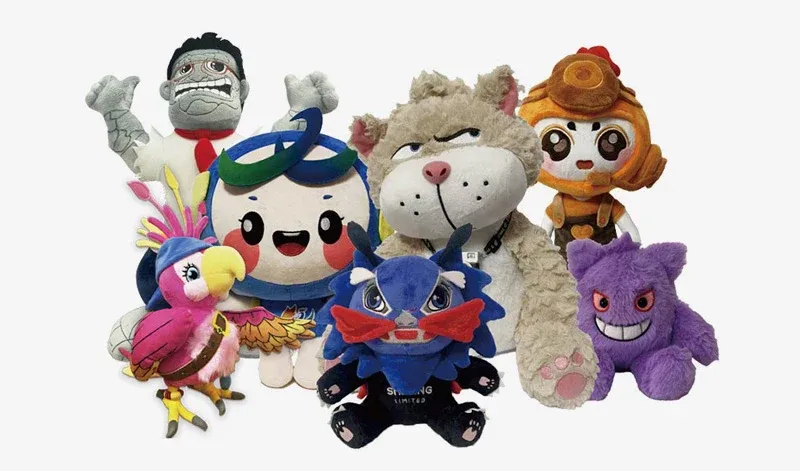
Clear, responsive communication prevents misunderstandings and accelerates problem-solving, key for successful plush toy projects.
Suppliers who provide timely updates, clarify design details, and openly discuss challenges help ensure smooth development, production, and delivery processes.
Establishing a single point of contact facilitates consistent dialogue. Use digital tools for sharing design files, production photos, and feedback.
Transparent communication about timelines, potential delays, or quality concerns builds trust and supports timely decision-making.
| Communication Aspect | Benefit | Recommended Practices |
|---|---|---|
| Timely updates | Keeps projects on schedule | Weekly or milestone reports |
| Clarity on design specs | Avoids costly errors | Use detailed tech packs |
| Problem transparency | Enables proactive solutions | Early alerts on production issues |
| Digital collaboration | Improves efficiency | Shared platforms like email, WeChat |
Strong communication drives collaboration and successful outcomes.
Conclusion
Choosing the right custom plush toy supplier empowers you with quality, safety, innovation, and timely delivery, ensuring your brand stands out.
For expert assistance with plush toy sourcing and customization, contact me at [[email protected]] or visit [https://plushtoyinchina.com].
